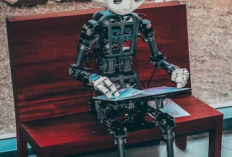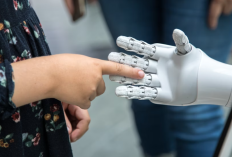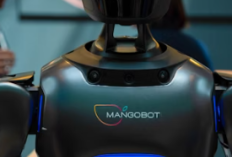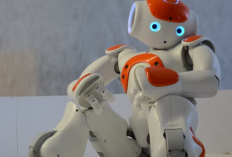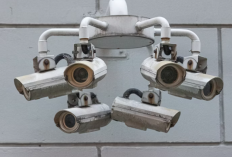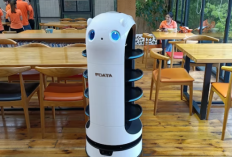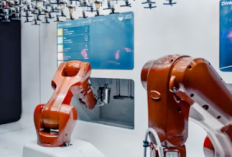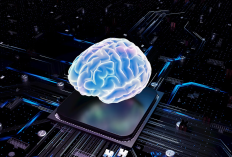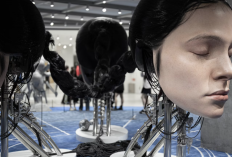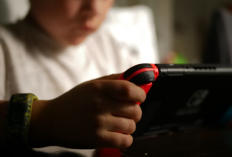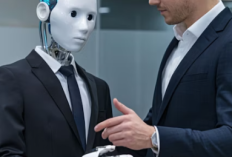Artificial Intelligence and Human Emotions: Can They Connect?
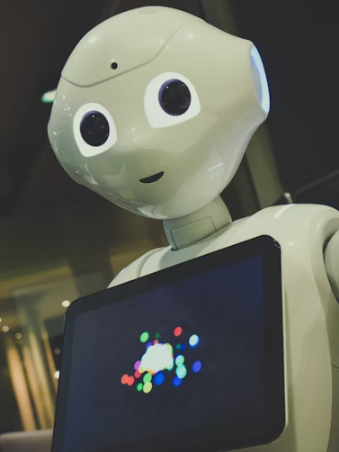
My best friend Pepper-Owen Beard-https://unsplash.com/
<h2>The Ethics of Synthetic Empathy</h2>
<p>But this new intimacy raises profound questions. If a machine tells you, “I understand,” does it matter that it doesn’t? In early studies, patients using emotional AI therapy bots showed genuine emotional relief — even after learning the system wasn’t sentient. The illusion of empathy proved enough to heal.</p>
<p>That revelation has shaken psychologists and ethicists alike. If simulated comfort feels real, does authenticity still matter?</p>
<h2>When AI Gets It Wrong</h2>
<p>Of course, empathy has its dangers. Misinterpretation can have real consequences. Imagine an AI misreading sarcasm as sadness, or frustration as aggression. Emotional nuance, after all, is deeply human — shaped by culture, personality, and history. A smile can mean warmth, defiance, or even despair.</p>
<p>“We’re teaching machines the language of emotion,” explains Dr. Morano, “but we still struggle to define it ourselves.”</p>
<h2>The Future of Feeling Machines</h2>
<p>Researchers are now exploring “emotion mirroring” systems — AI that learns emotional feedback loops, adjusting its behavior based on long-term user response. It doesn’t just detect your mood; it grows with you. In theory, these systems could form companionships that evolve emotionally, much like human relationships.</p>


